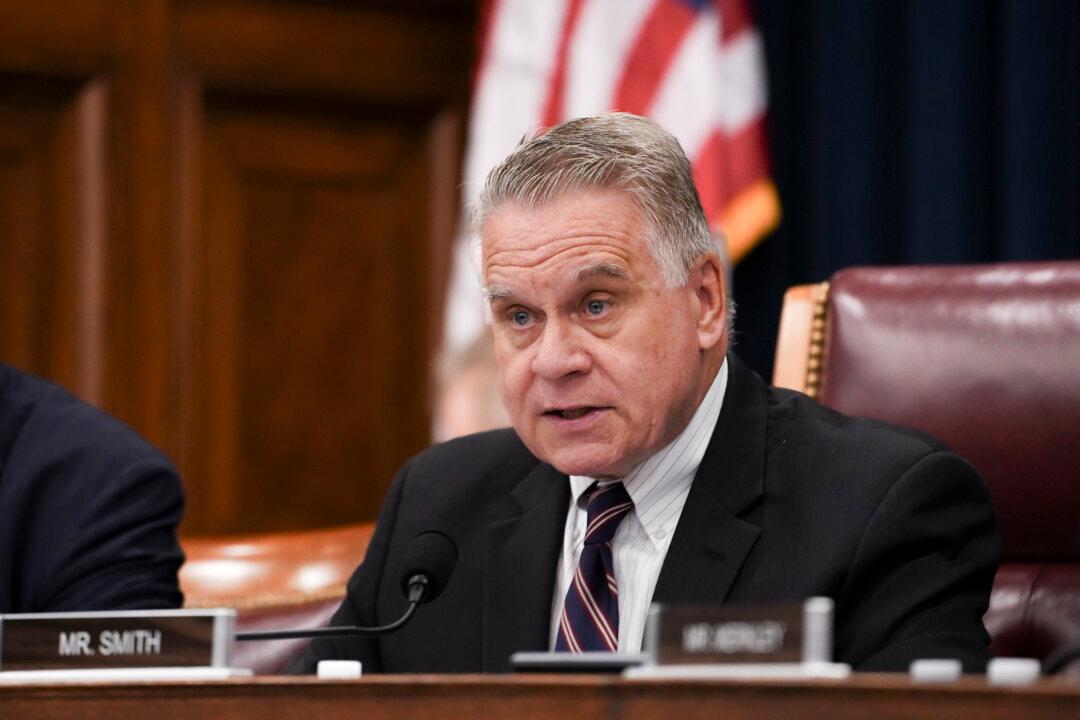The Chinese Communist Party’s (CCP) transnational repression, a pervasive scheme that extends far beyond its border and quells dissenting voices, came under the spotlight during a U.S. congressional body hearing on Sept. 12.
Witnesses, ranging from lawmakers to dissidents, gave their testimony before the Congressional-Executive Commission on China (CECC), a bipartisan and bicameral panel.




